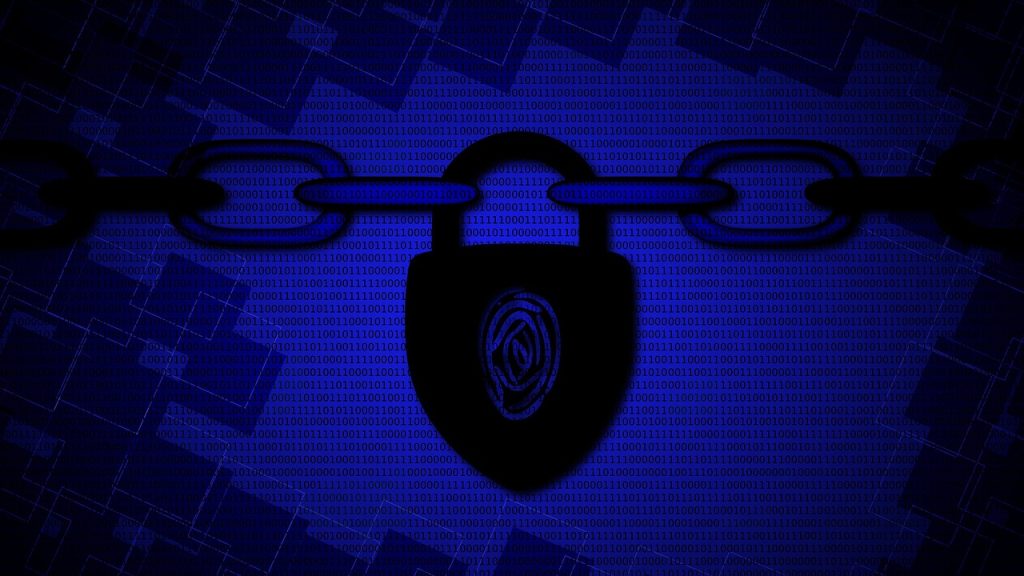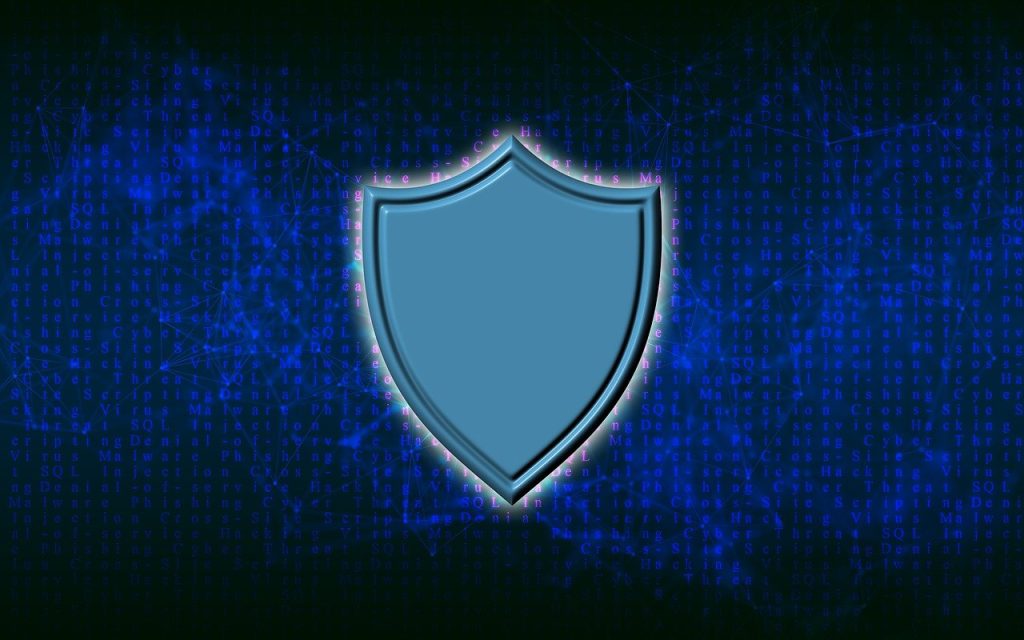Most Atlanta business owners discovered their cybersecurity gaps the hard way – during their annual insurance renewal process. What used to be a straightforward conversation about coverage limits and deductibles has turned into detailed technical discussions about network security, incident response procedures, and compliance frameworks.
Insurance companies aren’t just asking whether you have cybersecurity anymore. They’re requiring specific security measures, documented policies, and proof of professional implementation. For many businesses, this means their basic antivirus software and password policies are no longer sufficient to maintain coverage.
Table of Contents
The Insurance Industry’s Cybersecurity Wake-Up Call
Insurance carriers have been hit hard by the surge in cyber claims over the past few years. Ransomware attacks alone cost insurers billions in payouts, and the trend isn’t slowing down. Their response has been to shift from asking “do you have cybersecurity?” to “can you prove your cybersecurity meets our standards?”
New Questionnaire Requirements
The cybersecurity questionnaires that come with insurance applications have become incredibly detailed. Carriers want to know about:
- Multi-factor authentication implementation across all business systems
- Employee training programs with documented completion records
- Incident response procedures that have been tested and validated
- Data backup and recovery capabilities with verified restoration processes
- Network segmentation strategies that limit potential breach impact
- Vendor risk management for third-party service providers
Most business owners look at these questionnaires and realize they can’t answer half the questions accurately. That’s when they start looking for professional cybersecurity services Atlanta providers who can help them meet these requirements.
Coverage Limitations for Inadequate Security
Insurance companies are also implementing coverage restrictions based on cybersecurity maturity. If your security measures don’t meet their standards, you might face:
- Higher deductibles for cyber-related claims
- Lower coverage limits for business interruption losses
- Exclusions for certain types of cyber incidents
- Required co-insurance that increases your out-of-pocket costs
- Mandatory waiting periods before coverage takes effect
The message is clear: basic cybersecurity approaches are becoming uninsurable risks.
Why DIY Cybersecurity Doesn’t Meet Insurance Standards
Many Atlanta businesses initially try to handle cybersecurity requirements internally, thinking they can install some security software and create a few policies to satisfy insurance requirements. This approach usually falls short during the actual assessment process.
Documentation and Compliance Gaps
Insurance carriers don’t just want you to have security measures – they want documented proof that these measures are implemented correctly and maintained consistently. This means:
- Written security policies that address specific industry standards
- Regular security assessments conducted by qualified professionals
- Employee training records that demonstrate ongoing education
- Incident response testing with documented results and improvements
- Vulnerability management with systematic patching and remediation
Creating and maintaining this level of documentation requires expertise that most businesses don’t have internally.
Technical Implementation Challenges
The technical requirements for insurance-grade cybersecurity are more complex than most businesses anticipate. You need:
- Properly configured firewalls with documented rule sets
- Endpoint detection and response systems that provide detailed logging
- Network monitoring tools that can identify suspicious activity
- Backup systems with verified recovery capabilities
- Access control systems that enforce least-privilege principles
Getting these technologies to work together effectively requires specialized knowledge that goes beyond basic IT support.
READ ALSO: Atlanta’s Roads are a Mess: What That Means for Your Insurance
Atlanta’s Business Environment and Cybersecurity Needs
Atlanta’s diverse business landscape creates unique cybersecurity challenges that insurance companies are increasingly aware of.
Industry-Specific Requirements
Different industries face different cyber risks, and insurance carriers are tailoring their requirements accordingly. Atlanta businesses in sectors like:
Healthcare and Medical Services:
- HIPAA compliance documentation
- Patient data encryption requirements
- Breach notification procedures
- Vendor risk assessments for medical device connectivity
Financial Services:
- SOX compliance for public companies
- PCI DSS requirements for payment processing
- Customer data protection standards
- Regulatory reporting capabilities
Professional Services:
- Client confidentiality protection measures
- Intellectual property security controls
- Email and communication encryption
- Document management security protocols
Regional Threat Landscape
Atlanta’s position as a major business hub makes it an attractive target for cybercriminals. Insurance companies are factoring in regional threat intelligence when setting requirements, which means cybersecurity services Atlanta businesses implement need to address:
- Targeted phishing campaigns against local industries
- Supply chain attacks that exploit regional business relationships
- Ransomware threats that specifically target Atlanta-area companies
- Social engineering attacks that leverage local business knowledge
Professional Cybersecurity Services That Meet Insurance Standards
The cybersecurity services Atlanta businesses are implementing to satisfy insurance requirements go far beyond basic protection measures.
Comprehensive Security Assessments
Professional providers start with thorough assessments that identify current security gaps and create roadmaps for meeting insurance standards. This includes:
- Vulnerability scanning that identifies technical weaknesses
- Policy review that ensures documentation meets carrier requirements
- Compliance gap analysis that maps current state to required standards
- Risk assessment that prioritizes security improvements based on business impact
Managed Security Operations
Many businesses find that meeting insurance requirements requires ongoing security management that’s beyond their internal capabilities. Professional services include:
- 24/7 security monitoring that detects threats in real-time
- Incident response services that minimize damage when breaches occur
- Threat intelligence that helps prevent targeted attacks
- Compliance reporting that provides documentation for insurance renewals
Employee Training and Awareness
Insurance carriers increasingly require documented employee cybersecurity training. Professional services provide:
- Industry-specific training programs that address relevant threats
- Phishing simulation testing with measurable results
- Policy awareness training with completion tracking
- Incident reporting training that ensures proper escalation
Real-World Insurance-Driven Cybersecurity Adoption
Atlanta businesses across various industries are making cybersecurity investments specifically to maintain insurance coverage and improve their risk profiles.
Cost-Benefit Analysis
One Atlanta law firm discovered that investing in professional cybersecurity services actually reduced their total insurance costs. While the security services cost $18,000 annually, their cyber insurance premiums dropped by $25,000 due to improved risk ratings and higher coverage limits.
Coverage Expansion Opportunities
A healthcare practice in Atlanta was able to expand their cyber insurance coverage significantly after implementing comprehensive cybersecurity measures. They went from basic coverage with high deductibles to full business interruption protection with lower out-of-pocket costs.
Competitive Advantages
Several professional services firms have found that strong cybersecurity documentation helps them win larger clients who require vendor security assessments. The investment in cybersecurity services Atlanta providers offer has become a business development tool.
Implementation Strategy for Insurance Compliance
Successfully implementing cybersecurity measures that satisfy insurance requirements requires strategic planning and phased execution.
Assessment and Gap Analysis
Start by understanding exactly what your insurance carrier requires and where your current security measures fall short. This typically involves:
- Reviewing current and proposed insurance policy requirements
- Conducting comprehensive security assessments
- Identifying priority improvements based on coverage impact
- Creating implementation timelines that align with renewal dates
Phased Implementation Approach
Most businesses implement insurance-compliant cybersecurity in phases:
- Critical security controls that address the highest-risk vulnerabilities
- Documentation and policy development that satisfies compliance requirements
- Monitoring and response capabilities that provide ongoing protection
- Training and awareness programs that maintain security effectiveness
Ongoing Maintenance and Documentation
Meeting insurance requirements isn’t a one-time project – it requires ongoing maintenance and documentation. Professional cybersecurity services Atlanta businesses rely on provide:
- Regular security assessments and updates
- Continuous monitoring and threat detection
- Policy updates that reflect changing requirements
- Training programs that adapt to new threats
The key is finding cybersecurity services providers who understand both the technical requirements and the insurance implications. The right provider becomes a strategic partner who helps you not just meet current requirements, but stay ahead of evolving standards that will likely become more stringent over time.
INTERESTING POSTS
About the Author:
Christian Schmitz is a professional journalist and editor at SecureBlitz.com. He has a keen eye for the ever-changing cybersecurity industry and is passionate about spreading awareness of the industry's latest trends. Before joining SecureBlitz, Christian worked as a journalist for a local community newspaper in Nuremberg. Through his years of experience, Christian has developed a sharp eye for detail, an acute understanding of the cybersecurity industry, and an unwavering commitment to delivering accurate and up-to-date information.











